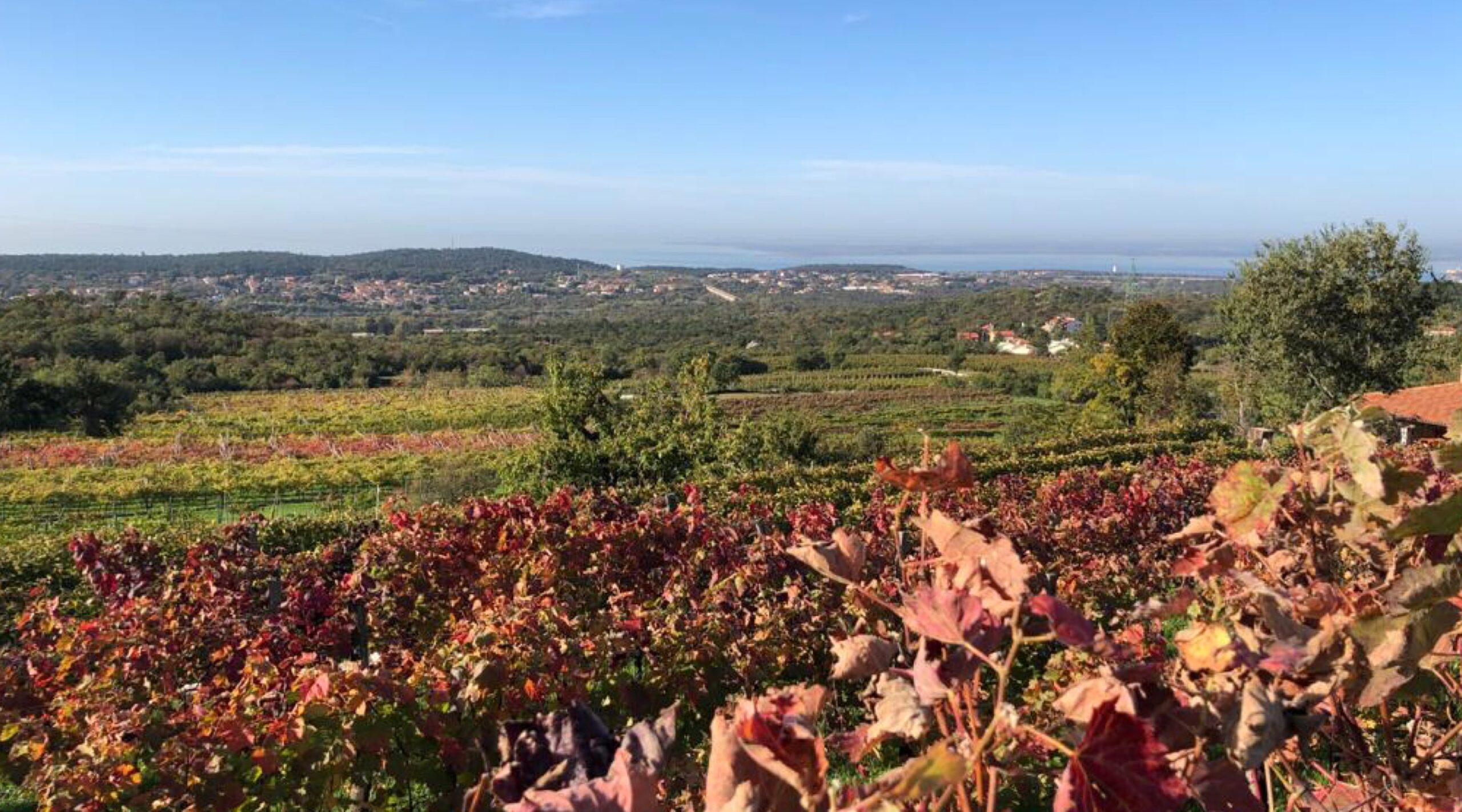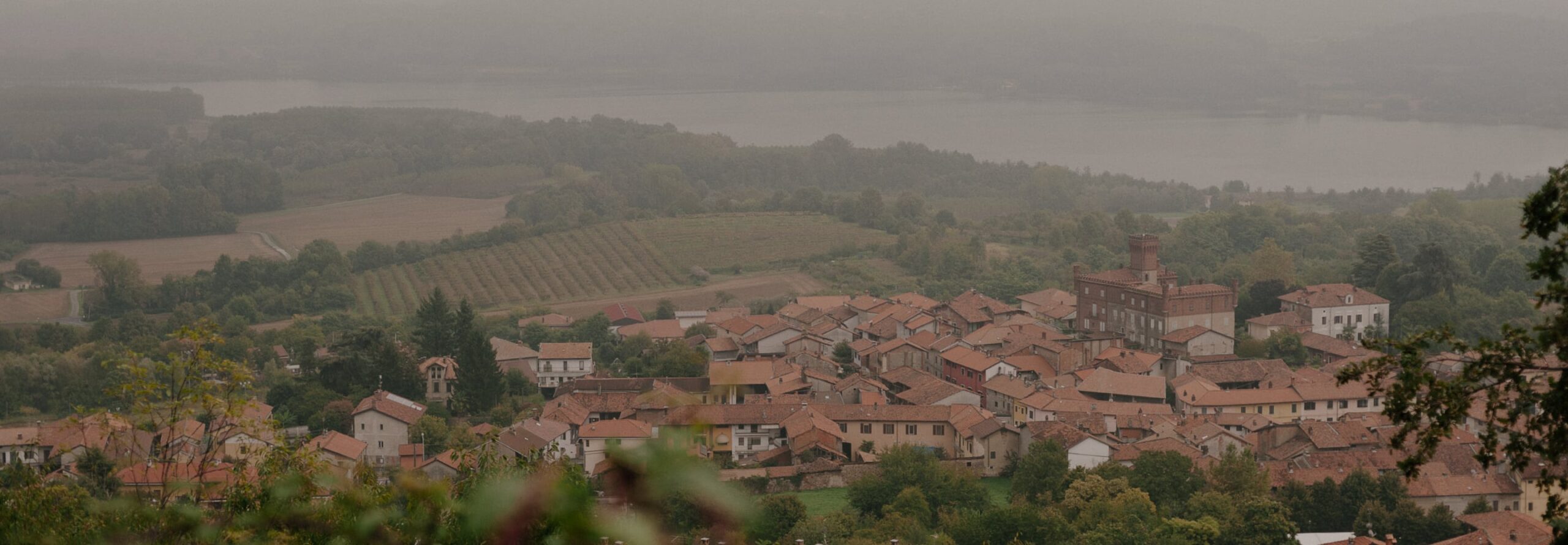Following his father, Benjamin began in 1988 with just 1 ha and has since grown his holdings to 8, all of which he farms biodynamically. The vines grow in the classic iron- and calcium-rich red soils of the area, extending deep into the limestone that looms just below the surface. Benjamin works primarily with Vitovska, the classic local variety of the Carso, but he also has plantings of Malvasia and Sauvignon—as well as small amounts of Teran (another local variety) and Merlot for his reds.
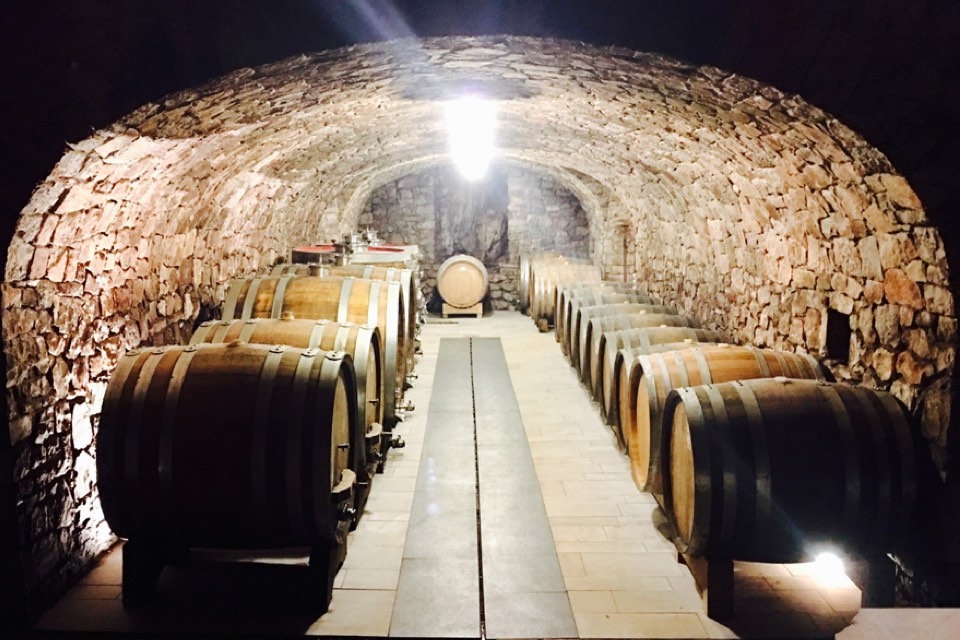
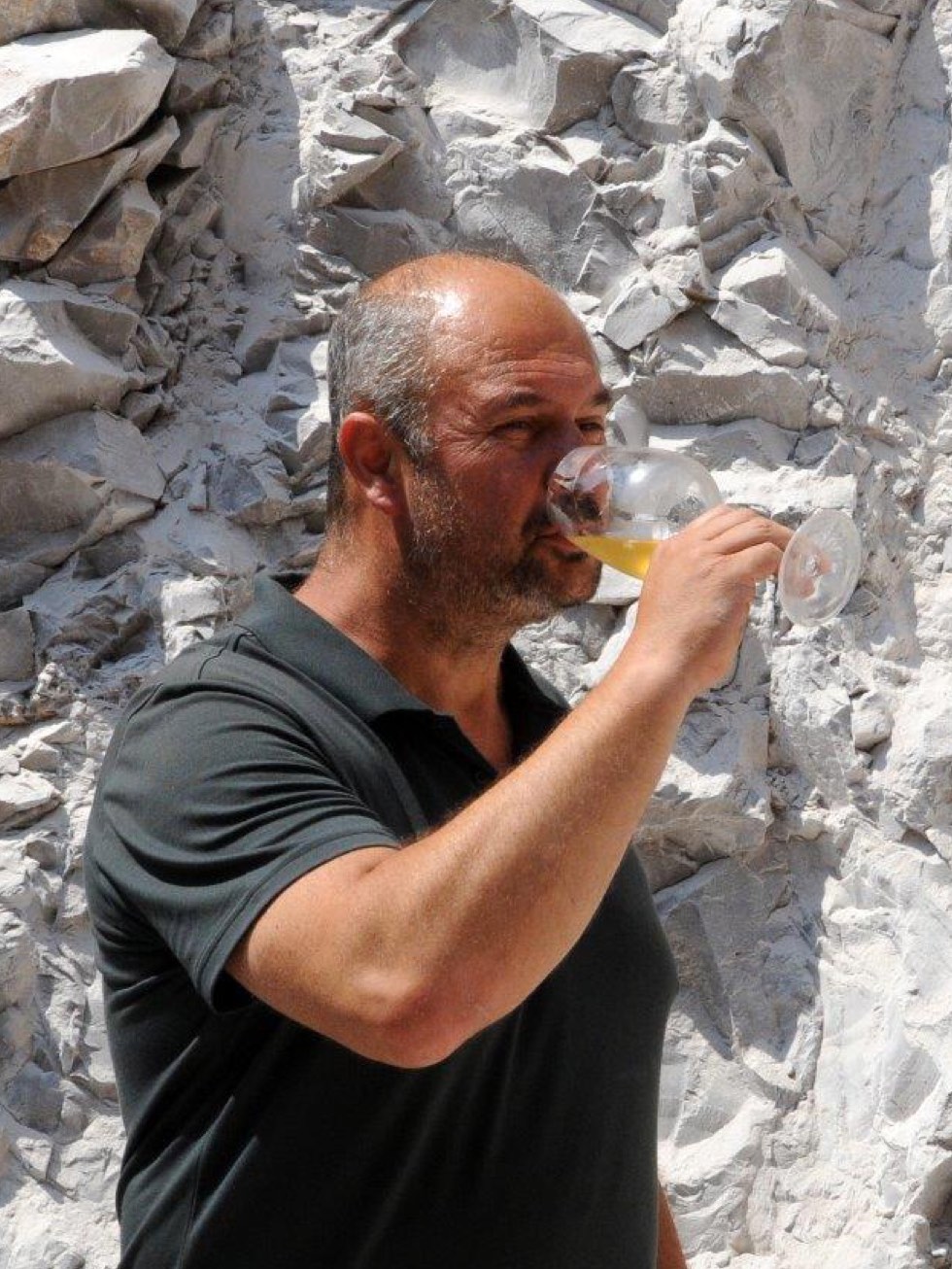
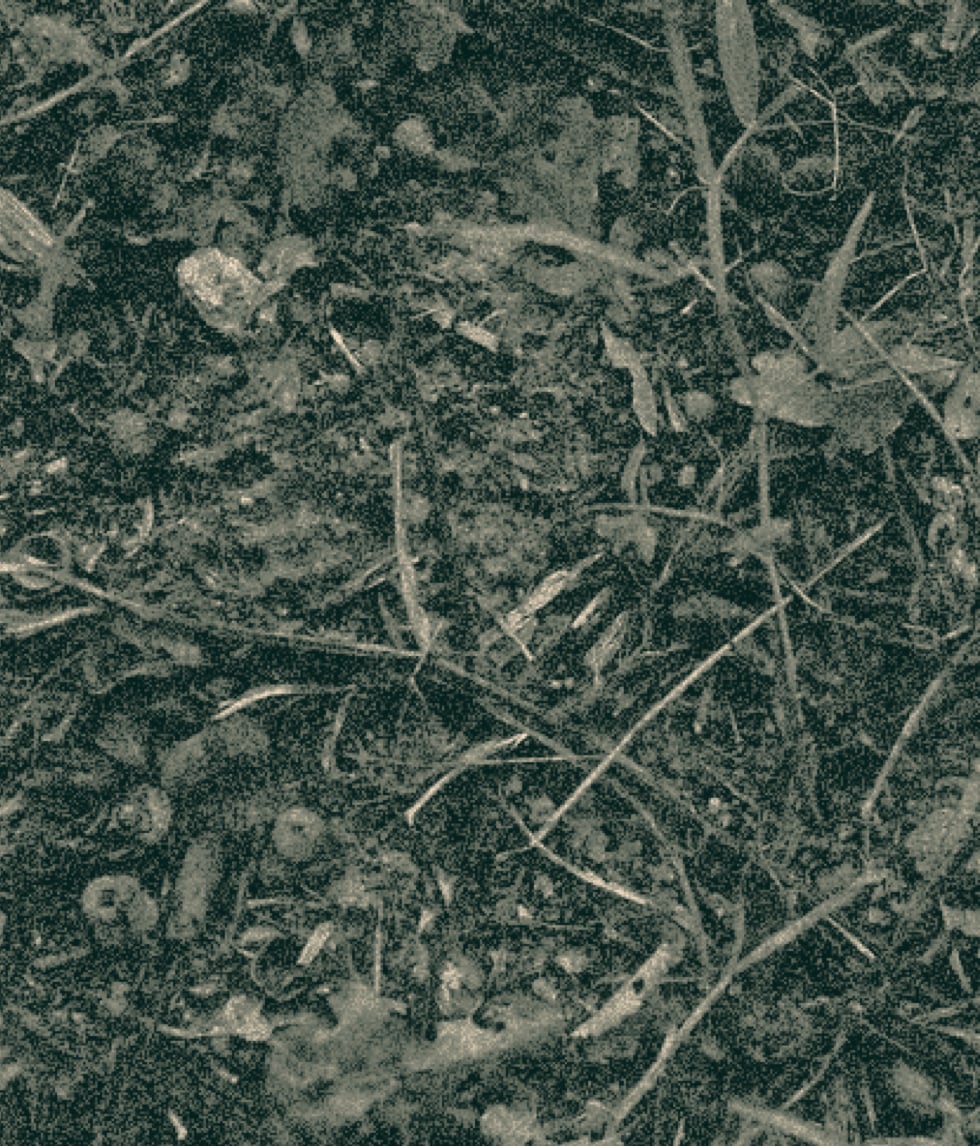
Running through all of Zidarich’s wines is a driving, dancing, powerful yet balletic minerality—an essence of pure stone. Even in those wines made from more assertive and aromatic varieties like Malvasia and Sauvignon, it is the limestone that takes center stage. They combine invigorating liveliness and profound, contemplative mineral heft like few other wines on Earth, capturing both the gleaming sunshine of his high-altitude vineyards and the cool depth of his cellar. Benjamin is quick to open older bottles—a testament to his confidence as well as his generosity—and it is frankly astonishing to see how well his wines develop with age. We invite you to take this dive into the Carso with us, and we hope that you will get on board with the minute quantities of the wines below, as they are truly among the most exciting testaments of terroir we have encountered in quite some time.
Farming
Certified biodynamic since 2018, practicing biodynamic and organic long before
Treatments
Copper sulfate and biodynamic treatments only
Ploughing
Annual ploughing to maintain vineyard health
Soils
Iron-rich red limestone endemic to the Carso/Karst
Vines
Trained in Guyot or Albarello (head-trained), planted at 8,000-10,000 vines/ha, average vine age 6-30 years old
Yields
Controlled with severe pruning, debudding, and an occasional green harvest in abundant years
Harvest
Entirely manual, in 15 kg crates; usually from late September to early October
Sourcing
Entirely estate fruit
Fermentation
After total destemming, wines ferment spontaneously on their skins in open-top, Slavonian oak tini without temperature control. Cuvaison lasts c. 2-4 weeks. Kamen ferments in vats hewn from local Karst limestone
Extraction
Daily punchdowns during maceration
Chaptalization
None
Pressing
Vertical basket press
Malolactic Fermentation
Spontaneous, simultaneous with alcoholic fermentation
Élevage
Wines age for 24 months in neutral Slavonian oak casks that range from 5-30 hl
lees
Wines remain on their fine lees during élevage
Fining and Filtration
Wines are unfined and unfiltered
Sulfur
Applied at harvest if necessary and at bottling, c. 60 mg/l total sulfur
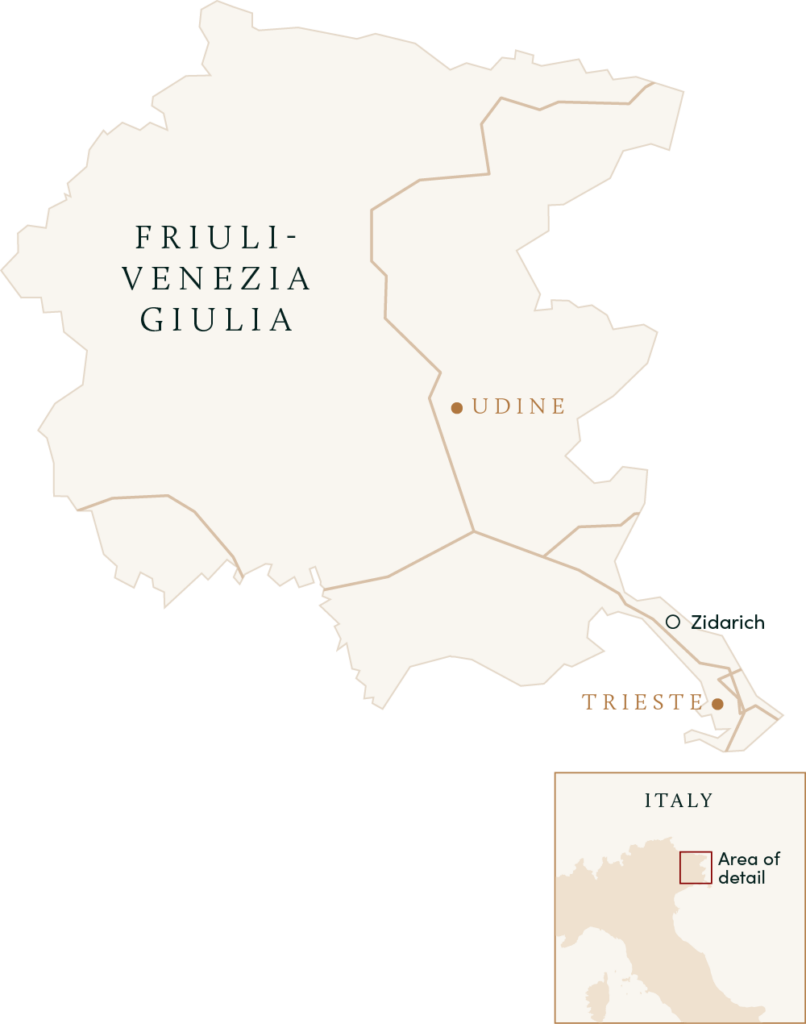
Optional caption text here lorem ipsum
